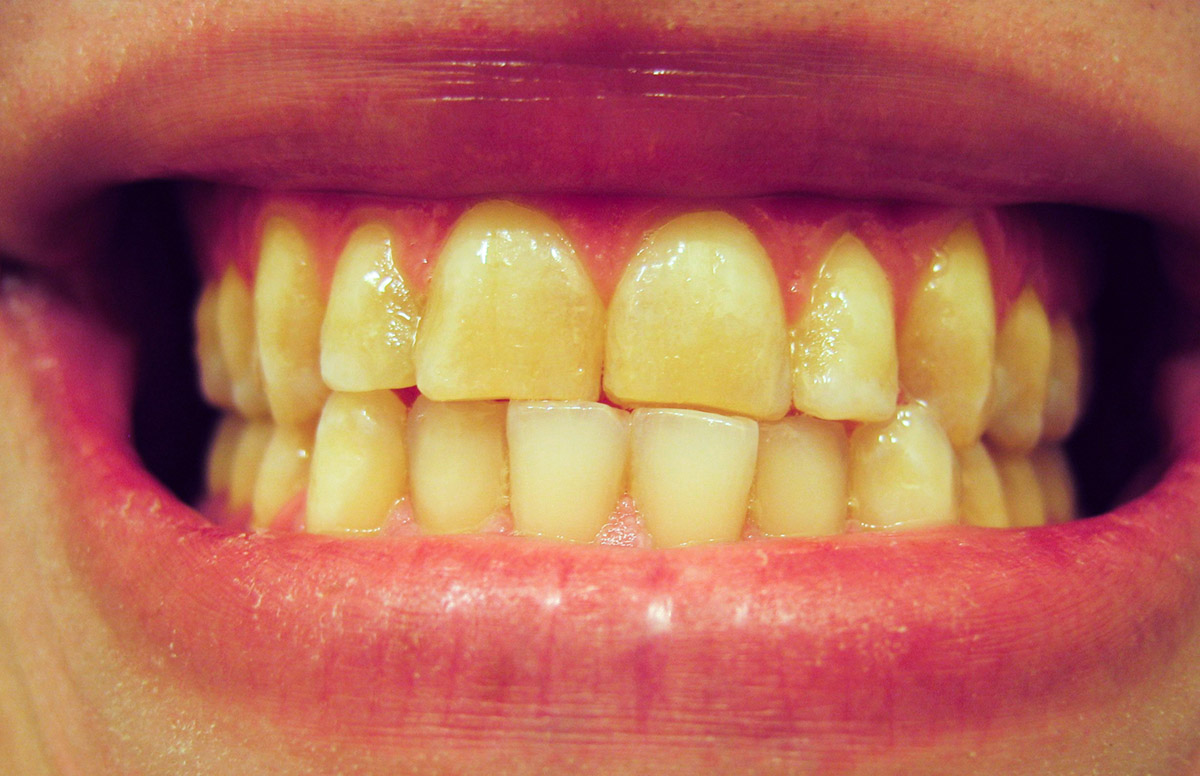
It is common for people to occasionally grind and clench their teeth. But if these habits become permanent the person is considered to suffer from bruxism. In this case permanent and frequent grinding and clenching of one's teeth may cause damage to the teeth and several more oral health complications.
It is essential to find out why people tend to perform these activities. The problem may be associated with stress or anxiety. Teeth grinding and clenching may also occur during sleep. If teeth grinding occurs during sleep a person is unaware of this unintentional habit. However, the presence of a dull constant headache, jaw tenderness or sore jaw as well as teeth abnormalities may point to the presence of bruxism. A person may, for example, hear teeth grinding of his/ her partner during night.
Teeth grinding is considered harmful since it leads to fracture, loosening or even loss of teeth. If it is chronic the teeth may be worn to stumps. The damage can be so severe and one may need bridges, crowns, root canals, implants or partial/ complete dentures to make for the damaged teeth. Apart from affecting the teeth, teeth grinding is also associated with damage to the jaw, the onset or worsening of temporomandibular joint disorder.
Bruxism: Causes
Bruxism may be connected to anxiety and stress. Furthermore, it may be a simple habit one can get rid of. It may also occur due to a fault in the alignment of the teeth. One more cause of bruxism includes rare neuromuscular diseases. And finally, bruxism may be associated with intake of certain antidepressants such as fluoxetine, paroxetine and sertraline.
Bruxism: Symptoms
Bruxism typically features with regular contractions of the jaw muscles (particularly in the morning). These contractions are usually painful. Furthermore, a person may produce grinding noises during sleep and suffer from unexplained morning headaches. There is also a possibility of persistent facial pain, especially in the jaw joints. And finally, if bruxism lasts long enough the teeth are damaged, dental fillings broken and gums are injured.
Bruxism: Treatment
If bruxism is caused by stress treatment includes professional counseling, psychotherapy or biofeedback exercises. Proper relaxation and elimination of certain stimulating substances such as caffeine and tobacco may be helpful as well. Jaw spasm can be treated with muscle relaxants. If none of the previous treatment modalities provides with desirable results a person is supposed to consult a dental surgeon in order to receive a specialized treatment.
Bruxism associated with dental problems requires tooth realignment or crowns and onlays which can correct the damaged teeth. There are certain dental appliances which can successfully prevent bruxism. They include a bite splint and similar mouth wear.
And finally, if bruxism is induced by certain medications the doctor will prescribe appropriate substitute medication.



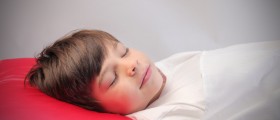

,-Don't-Ignore-Receding-Gums_f_280x120.jpg)
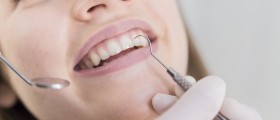
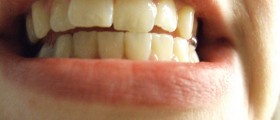
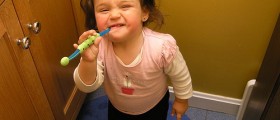
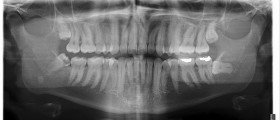
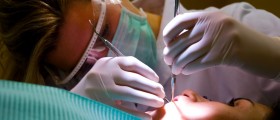
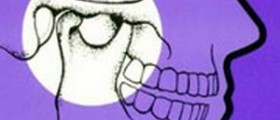

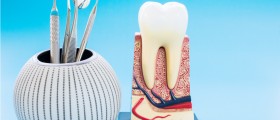



Your thoughts on this
Loading...